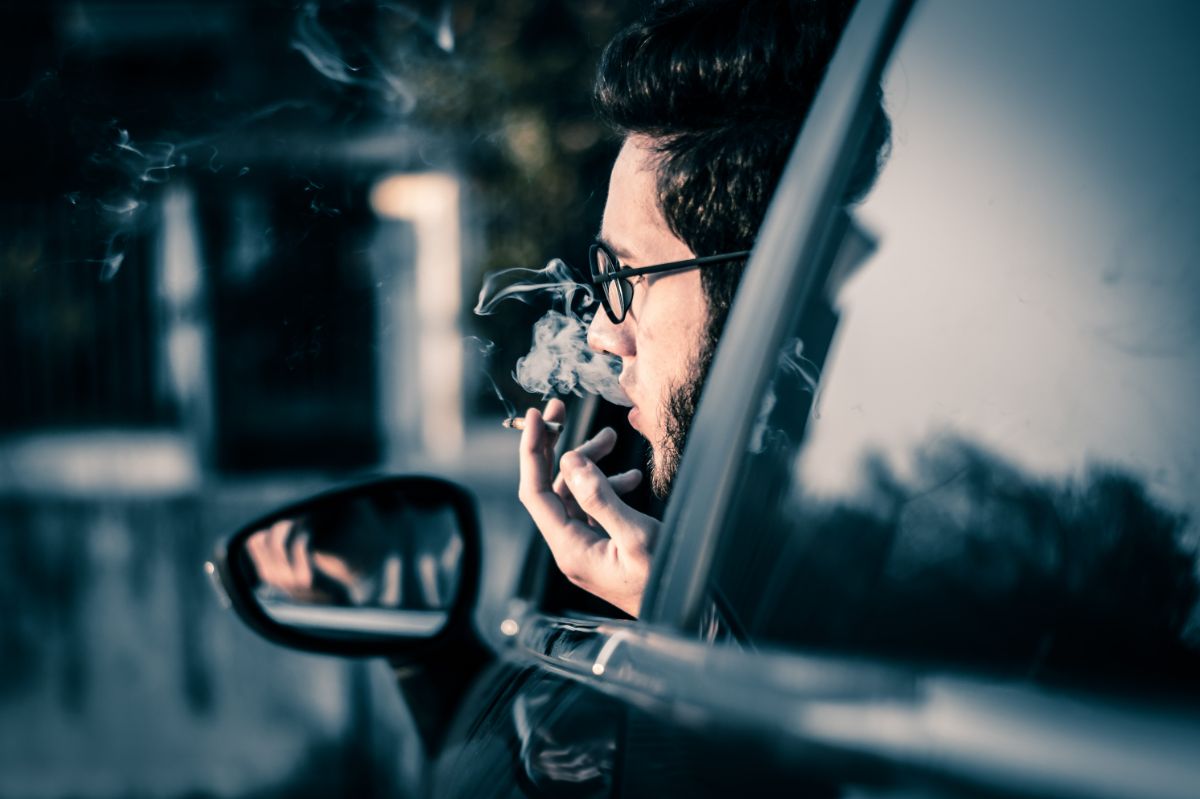What are the causes of lung cancer?
- Family history
- Old age
- Air pollution
- Smoking and secondhand smoke
- Exposure to other cancer-causing agents
- Previous radiation therapy to the lungs
Lung cancer is the third most common cancer in the world. It is caused by harmful cells in your lungs growing, unchecked, which in turn can be triggered by many causes.
The earliest symptoms of lung cancer can be subtle, but the sooner you can get a diagnosis, the better your treatment options and chances for recovery are.
That said, to determine if you are at risk of developing this condition, you should know the top causes of lung cancer. Read on to learn more.
Family history
Genetics is a big risk factor for cancer and can predispose you to it. If you have relatives — brothers, sisters, parents, or even distant relations who have had lung cancer, then you too have a slightly higher risk for the same.
Those with immediate family members who currently have or have had lung cancer, and did not smoke, are at higher risk of developing this condition.
Certain gene changes can also increase the likelihood of developing lung cancer. These changes lead to abnormal cell growth, which is linked to cancer. These gene changes can be inherited from your parents, and influence your chances.
However, research shows that inherited gene mutations alone are not thought to cause many cases of lung cancer.
Old age

Age also plays a big role in the development of cancer. Though even young children can develop it, the risk does increase as we get older. This is because your cells get damaged over time, and your body’s ability to replace or repair them also lessens over time. This can eventually lead to cancer.
About two out of three lung cancer cases are diagnosed in people who are above 65. Another study found that this type of cancer is more common in those who are older than 45.
Air pollution
The air you breathe is another possible contributor to lung cancer. Exposure to smoke, smog, and other air pollutants is known to harm your lung health, among other things.
In cities, the quality of air (particularly near traffic and industrial spaces) is poor. Those who frequent these areas appear to have a higher risk of developing lung cancer. This is less than the risk of other causes, but some studies show that about 5% of all deaths from lung cancer may be due to air pollution.
Smoking and secondhand smoke

Smoking is, by far, the leading cause of lung cancer. 80% of all lung cancer deaths are linked to smoking and this is even higher when considering certain types of cancer, such as small cell lung cancer (SCLC). Studies have noted that it is very rare for those who have never smoked to develop SCLC.
The longer you smoke, and the more cigarettes or cigars you smoke each day, the greater the risk is. Worse, this habit is not only a risk for the smoker. Those who don’t smoke, but are exposed to smokers at home or at work, can also develop lung cancer via secondhand smoke — research shows that they have a 20%-30% higher risk.
Exposure to other cancer-causing agents
Cancer-causing agents, also known as carcinogens, can be found in certain workplaces, which puts workers at risk of lung cancer. These include:
- Radon, a colorless gas that can become concentrated indoors. This is produced when uranium in soil and rocks is broken down.
- Radioactive materials, such as uranium.
- Inhaling chemicals or minerals such as arsenic, silica, vinyl chloride, nickel compounds, chromium compounds, coal products, mustard gas, chloromethyl ethers, beryllium, and cadmium.
- Diesel exhaust
Workers in certain industrial, mining, and manufacturing businesses have increased exposure to these agents.
While there are many policies and safety regulations in place to protect industrial workers from these exposures, the danger is still there. If you currently work with these agents, be careful to limit your exposure.
Previous radiation therapy to the lungs
Radiation therapy is used for a variety of conditions. It’s used to treat things like Hodgkin’s disease, or used as a postoperative treatment for mastectomies.
Those who have had radiation therapy to their chest for these kinds of conditions in the past are unfortunately at higher risk for lung cancer. These chances increase if they also experience other points on this list, such as secondhand smoking or exposure to air pollution.
Key Takeaway
Lung cancer is one of the most prevalent cancer types in the world. While it may be difficult to know if you’re experiencing this condition’s earliest stages, understanding the top causes of lung cancer should help you determine if you’re someone who’s at risk.
That said, this condition is most treatable when it is caught early. We highly recommend consulting with the expert doctors of PERPETUAL HELP MEDICAL CENTER-LAS PINAS. Our doctors can help prescribe the best treatment for you or help you make the right lifestyle changes to greatly reduce your risk of developing lung cancer. Contact us here today for any inquiries, or to schedule an appointment.

